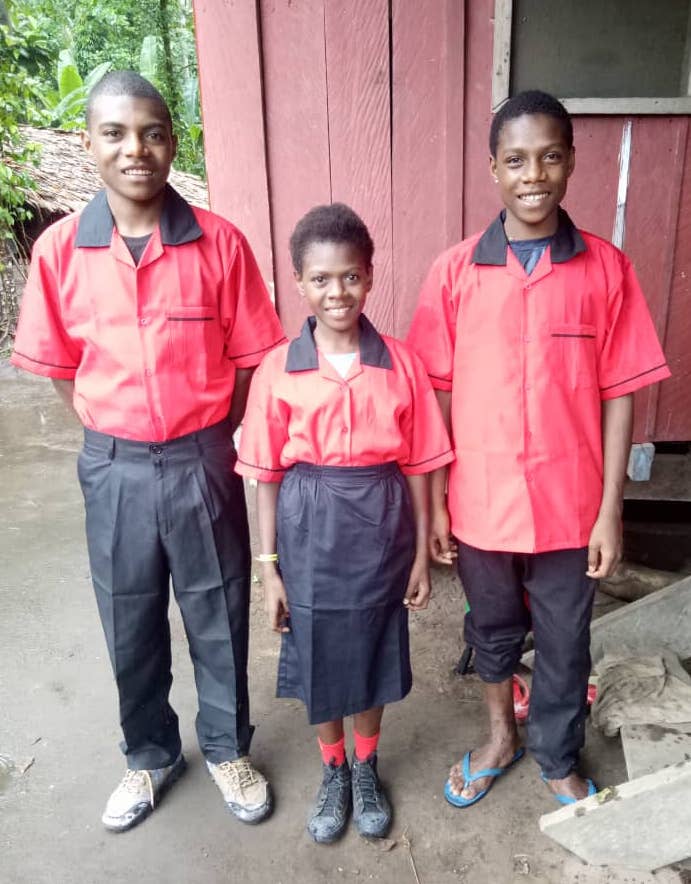How do calculators, hunger, and transportation challenges fit together?
They are some of the many obstacles to receiving an education in Papua New Guinea (PNG). We firmly believe that education is the key to breaking the cycles of trafficking, enslavement, poverty, and domestic violence here in PNG.
Let’s break down these three obstacles:
1. Transportation: If you are fortunate enough to live close to a school, you can walk, which will help you to have good attendance. But that is not the reality for most students (and teachers) living in PNG. In many rural areas, students and teachers would need to take public transportation in the form of a bus or boat to get to school. Here, public transportation is not subsidized by the government, but rather contracted out to independent bus and boat owners. The fares are regulated, however if you are already living in poverty, how can you afford to pay your children’s fares to and from school each day?
2. Hunger: Have you tried to concentrate when you’re hungry? We know kids and adults perform better when they are well fed. Many students here in PNG go to school hungry, with no lunch, and come home hungry. Schools do not provide lunches, so if your family cannot afford to give you lunch money, or they have no extra food to pack a lunch, you go to school hungry and may only eat one meal a day when you come home in the afternoon.
3. Calculators: Sometimes it is the littlest things that we take for granted in developed countries like the US. Let’s lump text books in with calculators for this one. Imagine trying to learn advanced math in high school. But your family can’t afford to buy you a textbook and the school doesn’t provide them either, so if you are lucky, you might be able to borrow one from a friend at school for a day here and there. On top of all of that, you can’t afford a calculator. What do you think a student’s performance would be like in this situation? Add to that inconsistent teacher and student attendance because of the transportation hurdle, plus trying your best to focus all day in class while feeling hunger pangs.

Now you can better understand some of the obstacles facing students in PNG. We didn’t even go into detail about other critical issues. School is not free here, and uniforms are required. Imagine you are an average subsistence farming family in PNG. You will only earn between K1000 to K5000 per year ($267 – $1,337 USD).
School fees are about K500 ($134 USD) per year for elementary grades and K1000 ($267 USD) per year for high school. College or university would be around K12,000 ($3,208 USD) per year per student. Uniforms for school run K150 and up (about $40 USD).
Now do see how receiving an education, which is the key to breaking devastating cycles like trafficking, can seem impossible? Many families here have three or more children. Most I know have 5-10 children. The cost for education each year is more than they make in income, ensuring that the cycle of poverty—and all that comes with that—is perpetuated generation after generation.
There is good news. You can help! If we can break the cycle for even one child…that would break the cycle for their children and grandchildren, and the generations to come.
To educate one elementary aged child for one year would cost a total of:
$174 USD (school fees and uniform)
To educate a high school student for one year would cost:
$307 USD (school fees and uniform)
You can designate your gift to our education fund and every penny you give will go to paying for a child’s education.
We cannot thank you all enough for your ongoing prayers and generous giving. We continue to move forward in faith that God is going to grow our base of staff, volunteers, and donors so that we can continue to rescue women and children from abuse, enslavement, and trafficking; to give them a future filled with hope. Thank you so much for praying and giving to support our work amongst PNG’s most vulnerable population.
God Bless,
Jennifer Wesner
Director of Restoration International

Recent Comments